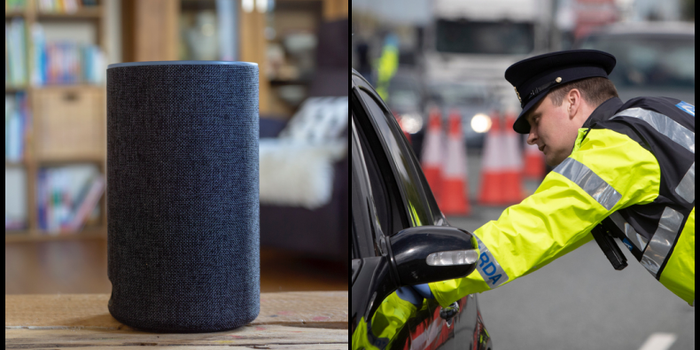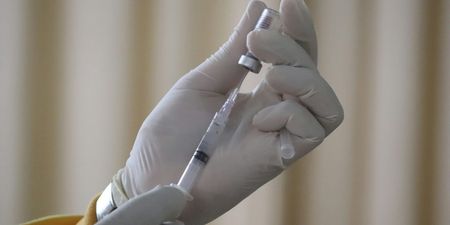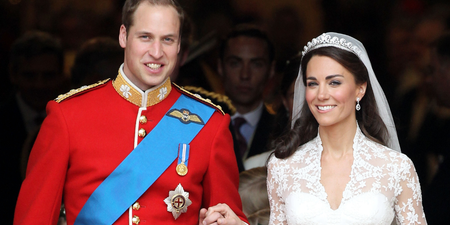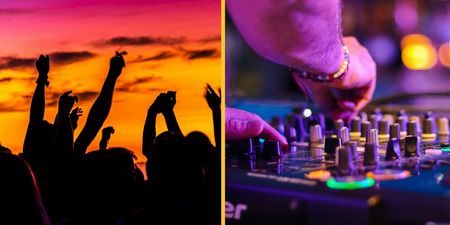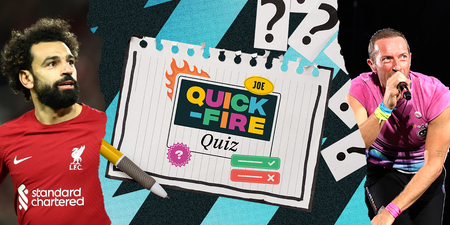“Alexa, can you find me a getaway car?”
Smart Speakers can be used for a litany of useful things; playing tunes, setting timers… secretly recording you?
The third could be a possibility in the future if a new law on Garda recording does not explicitly set out whether the technology is covered under its provisions.
The Irish Human Rights and Equality Commission (IHREC) warned Minister for Justice Helen McEntee and Oireachtas members on Monday (18 April) of potential human rights and equality violations that could occur due to the new laws.
The new draft law, the General Scheme of the Garda Síochána (Digital Recording) Bill, will allow Gardaí to use body-worn cameras and other recording devices, as well as an extension of how CCTV and Automatic Number Plate Recognition can be used.
The Commission expressed several concerns around four key areas of the draft law;
- Intrusion on rights for law enforcement purposes;
- Equality implications in the use of technology;
- Access and retention of data;
- Adequacy of safeguards and oversight mechanisms.
The IHREC has made a number of recommendations to ensure that not potential human rights violations could occur due to the enactment of this law.
One of the recommendations is to ensure that there are “sufficient safeguards to address emerging technologies around recording capable wearable devices and cloud-based voices services,” naming Alexa as an example.
Other popular smart speakers include Google Home, Apple HomePod, and Sonos One.
Further recommendations include that examining the use of drones in police work before including them as a potential “recording device”.
The IHREC is also asking that “consideration be given to requiring a Data Protection Impact Assessment and a Human Rights Impact Assessment to recordings by 3rd Party CCTV and transfers of recorded data to the Gardaí.”
According to the Commission, “police recording is generally lawful under the Constitution and international human rights law, subject to the requirement that it is based on law, pursues a legitimate aim, is proportionate in that aim and is necessary in a democratic society.”
“There is a tension between protecting people’s individual rights and permitting law enforcement authorities to use and access technology to tackle serious crime,” Chief Commissioner Sinéad Gibney said.
“It is the responsibility of the State to balance the different rights involved.
“We’re seeing a rapid development of new technologies in the area of video and audio recording from facial recognition, to drones, to body cameras and even devices which can record conversations in our homes.
“It is vital that this new law incorporates from the outset the necessary human rights and equality protections for people today, and into the future.”
LISTEN: You Must Be Jokin’ with Aideen McQueen – Faith healers, Coolock craic and Gigging as Gaeilge
